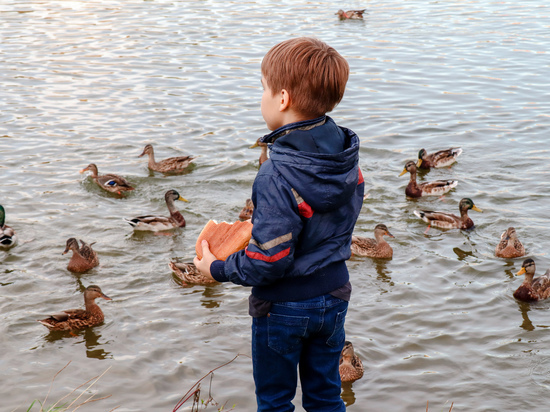The psychologist told how to calm the child during the period of mobilization
[ad_1]

In these difficult days, when partial mobilization is underway, it is simply impossible for a child to ignore what is happening, and some young Russians experience anxiety and fear. In school chats and on parenting forums, mothers ask: “How to calm a child if he is afraid? What words to choose? About this “MK” asked psychologists.
– What to do in such cases? Firstly, you yourself need not to stress with the child, not to perceive everything emotionally, so that it is not transmitted to him, – advises psychologist Simona Filimonova. – If your child or you are worried, first of all you need to honestly admit to yourself: “I’m scared.” And calm down.
In order for a son or daughter to have anxious thoughts, you can invite the child to draw his fear. This helps a lot.
If an adult has reliable information about what is happening (only based not on gossip and rumors), you can briefly and without emotion tell the child (at the level of his age) what the point is. So he will be calmer. After all, children are nervous because they collect anxiety on social networks.
Simona Filimonova warns that, being in the family circle, you should not sow panic, whisper – you need to control yourself.
“A child’s fears come from their parents. Children are so arranged that they experience only if adults experience. – confirms the psychologist Elena Kuznetsova, – So do not show your anxieties in front of them!
Please note that the children of the military, police, firefighters do not worry about the fact that their parents have a dangerous profession. The same should be done if your son or daughter is afraid about military operations or mobilization.
Explain to the child that dad is a man, he is liable for military service, which means that he can be called to fight. In general, discussion of adult topics, including mobilization, in the family should not be conducted in the presence of children. Not all information should be allowed. If the child is afraid, it means that conversations are being conducted with him that are not intended for his ears.
At the same time, the psychologist notes that it is important to really understand whether the child is really worried or whether he simply copies the emotions and conversations of adults.
“If you understand that the child is really afraid, try to find out what exactly scared him,” the expert continues. – Due to age, he may misinterpret what he hears or reads. Perhaps he was told something, but he did not quite understand. It’s like in the old joke, when the son asked his dad what an abortion is, he explained it for a long time, but it turned out that the child asked about the song “And the waves groan, and cry, and beat against the side of the ship.”
So you need to ask the child: “What exactly are you afraid of?”. It can be, for example, a purely human fear of losing a parent. Then remind him how many people drive cars, get into accidents, and explain that in some situations people have to take risks. Explain that there are dangerous professions.
The expert notes that it is important to prevent hysteria, because any topic can be turned into a subject for hysteria – terrorism, AIDS, covid, and so on. Perhaps the child is afraid precisely because of the informational pressure that is now happening in the media.
Psychologist Maryana Razumovskaya offers such an effective way to get rid of fear:
– Take with your child some toy or figurine that you do not feel sorry for, and let him imagine that this is his fear. Then go to the yard and solemnly bury this figurine in the sandbox. Everything is no fear. Another option is to throw your fear down the chute.
[ad_2]
Source link








